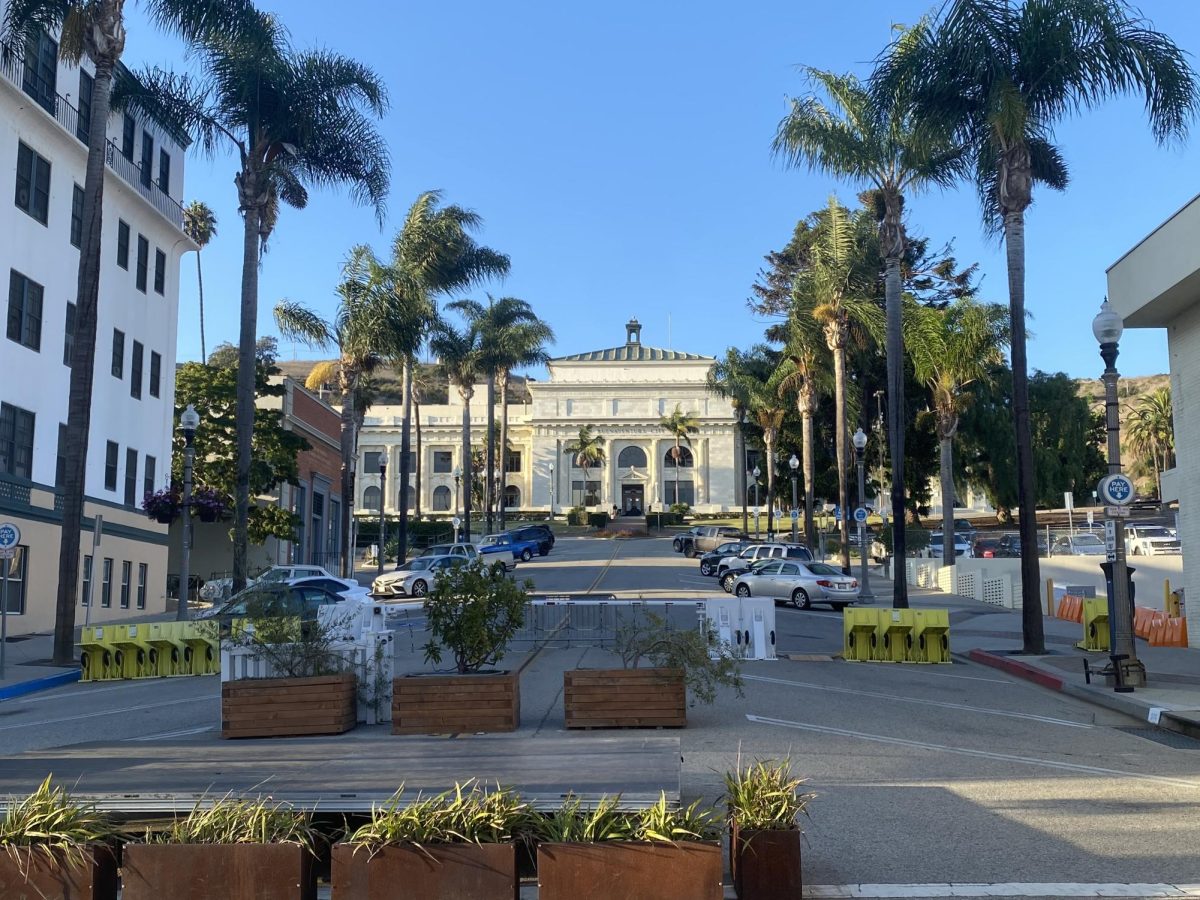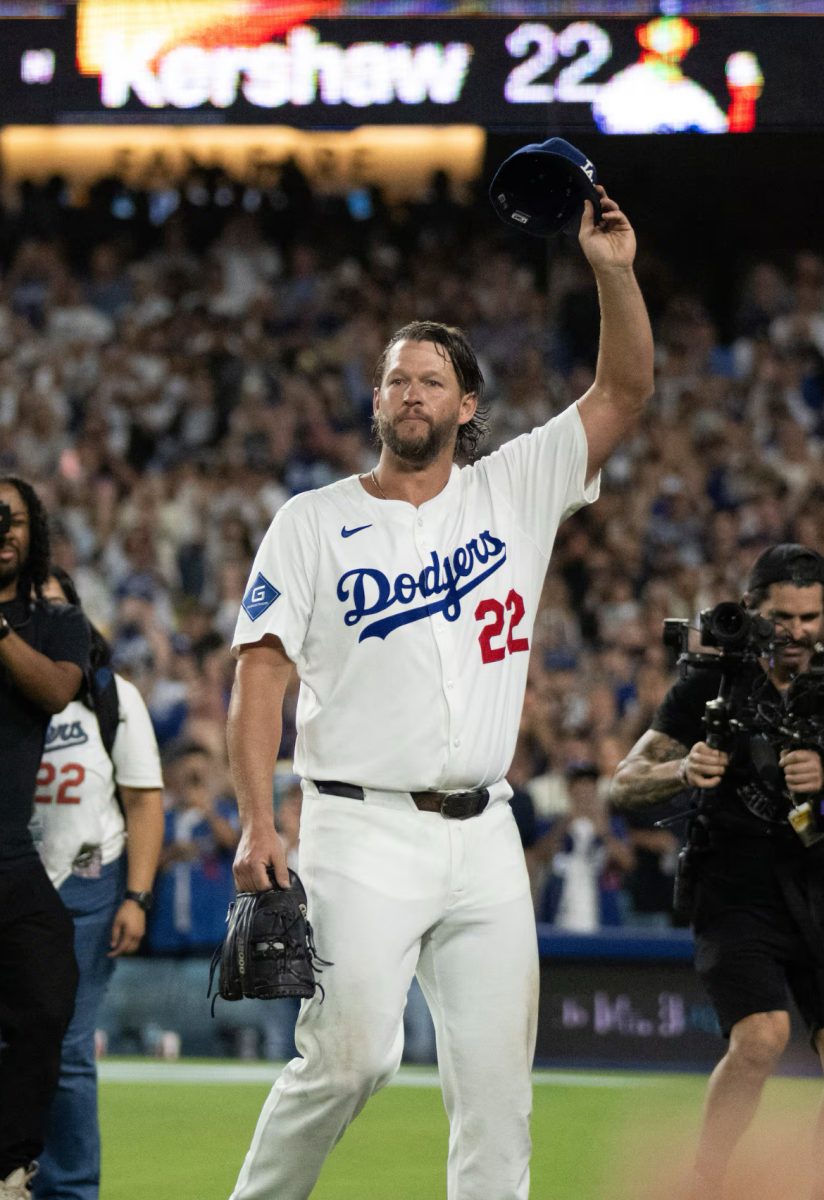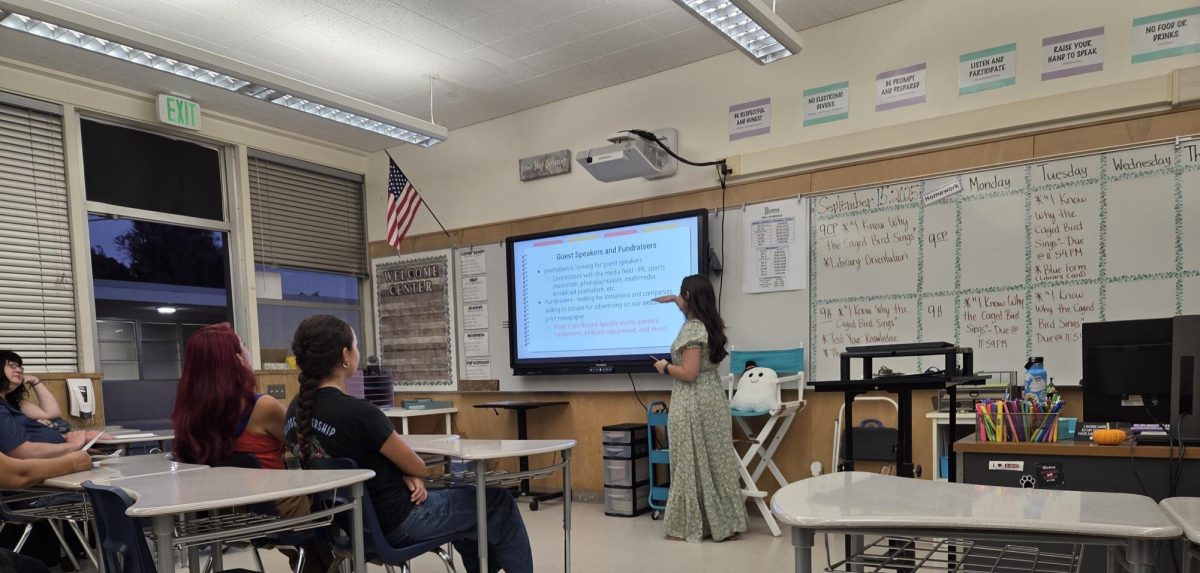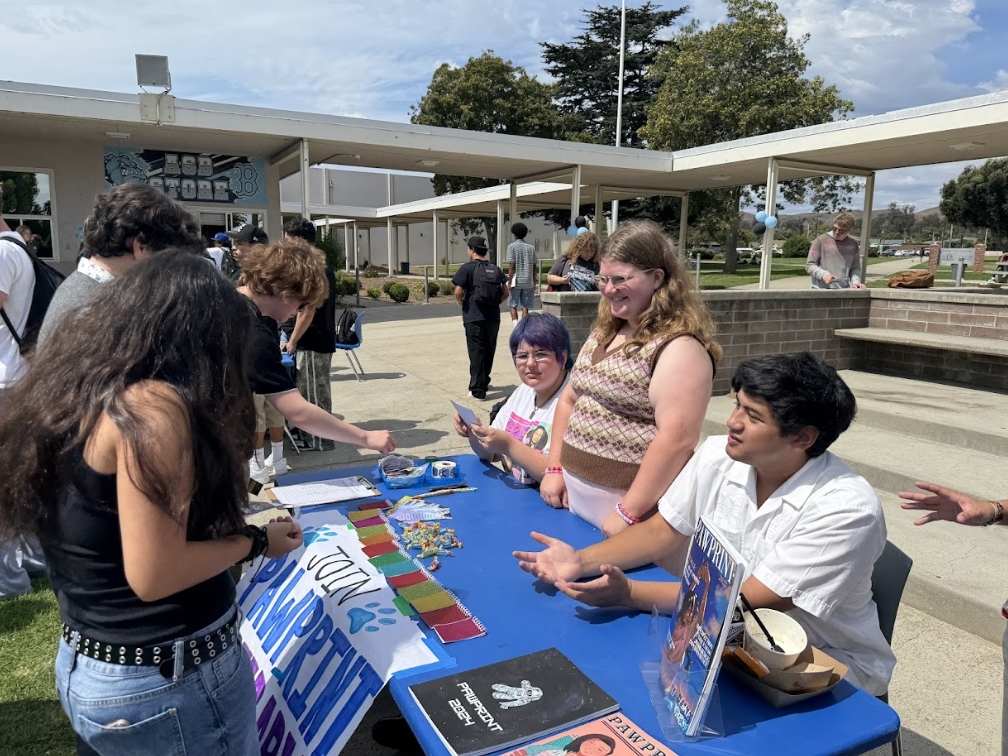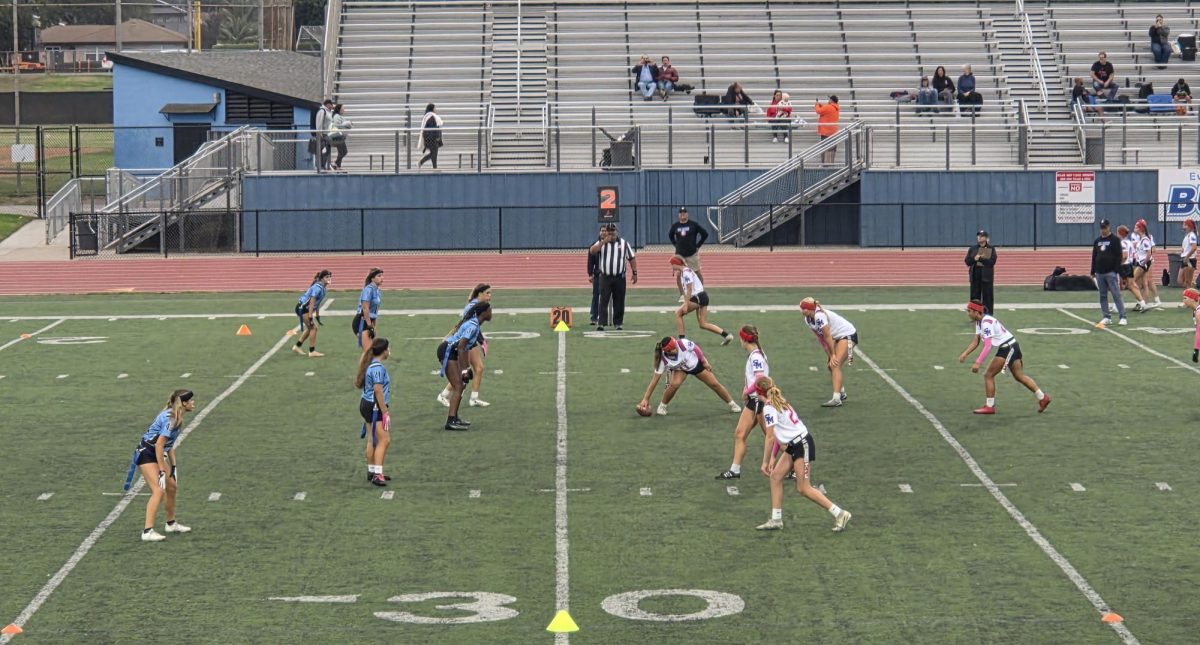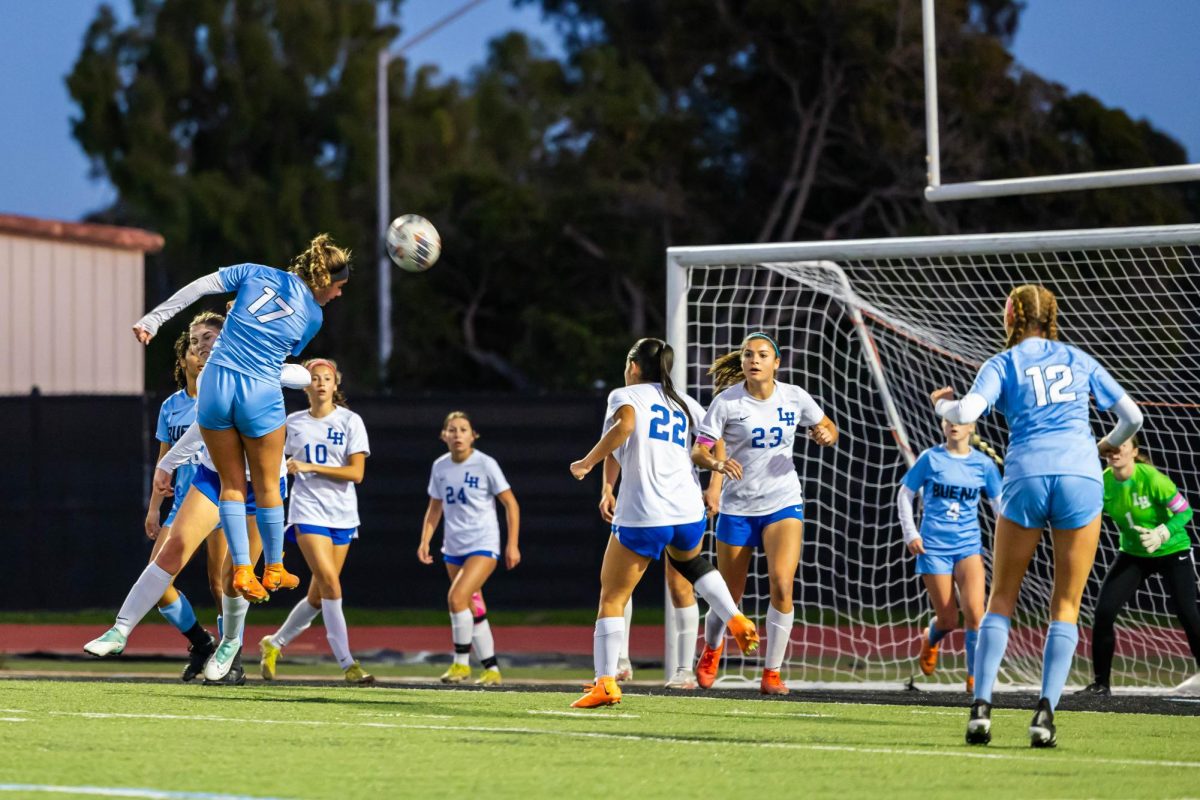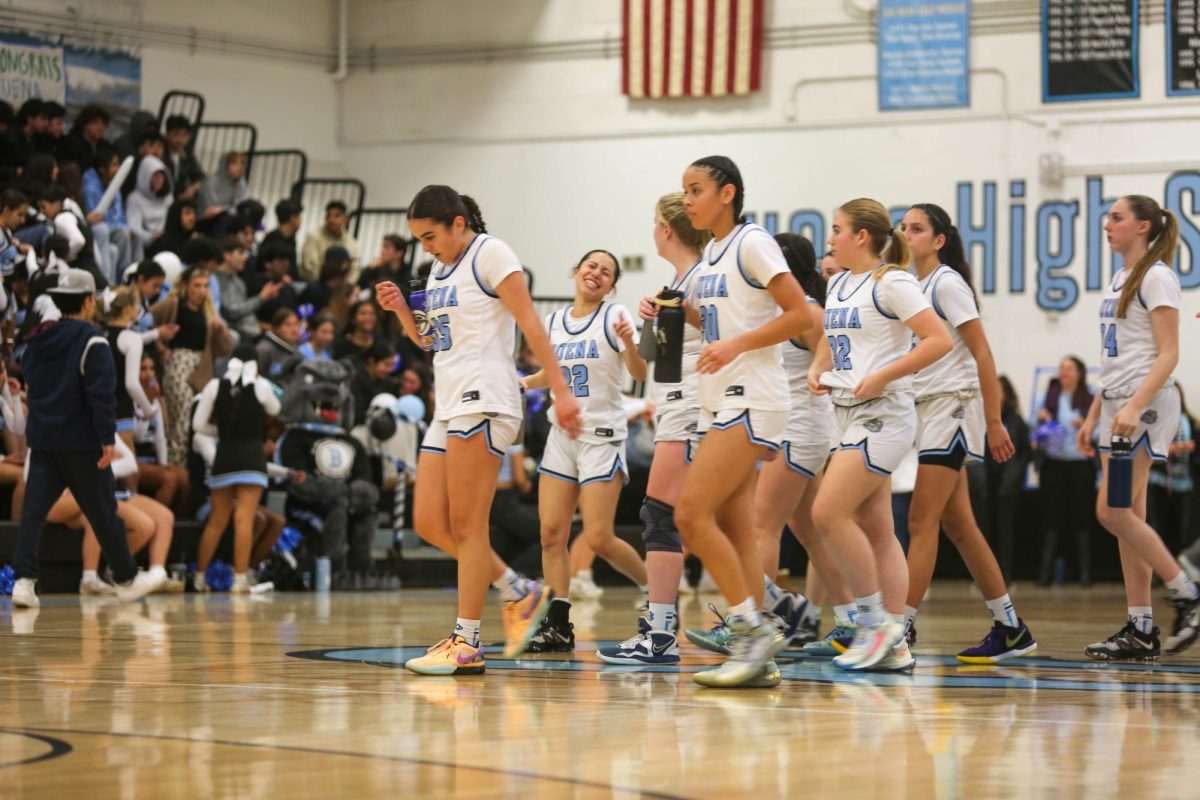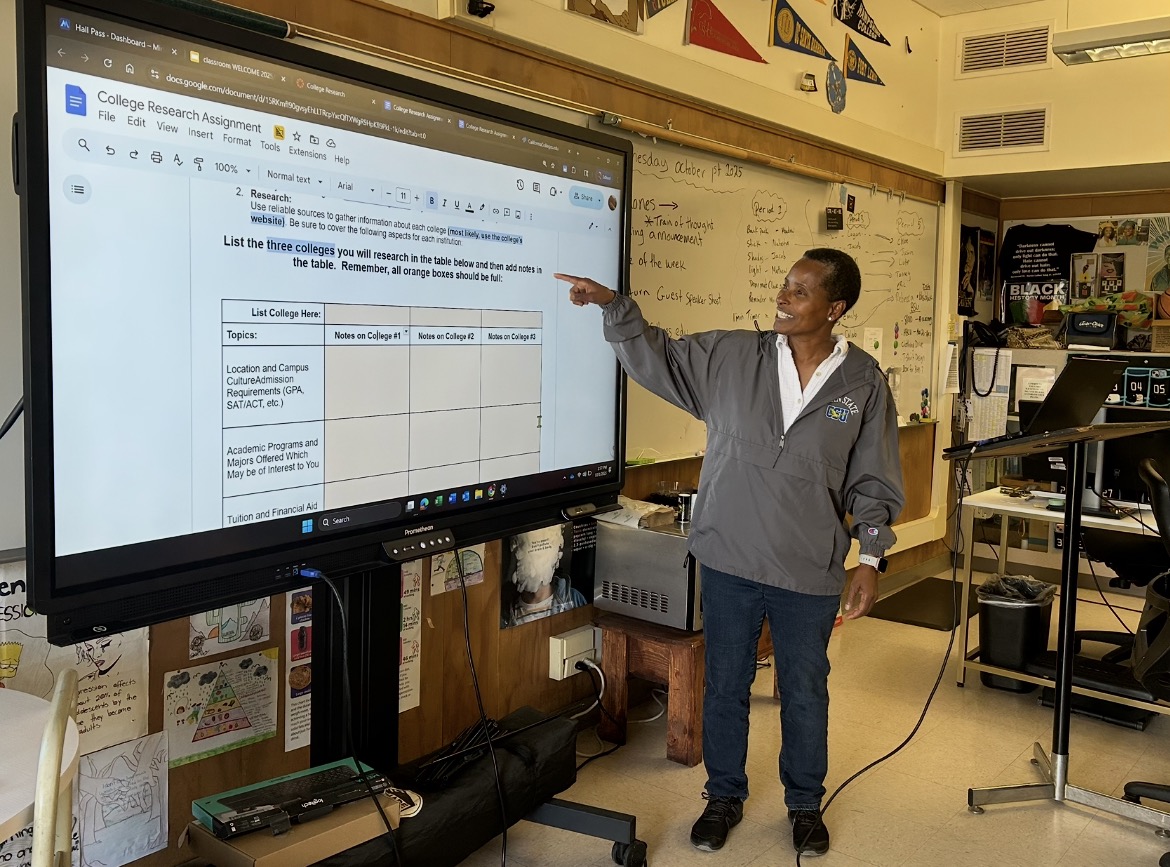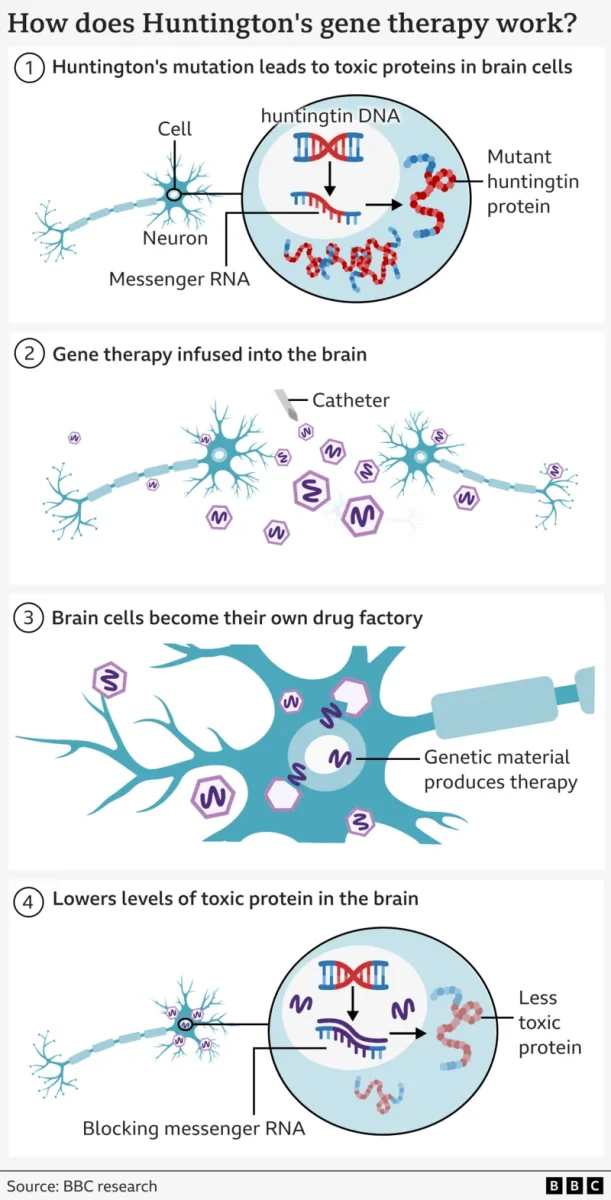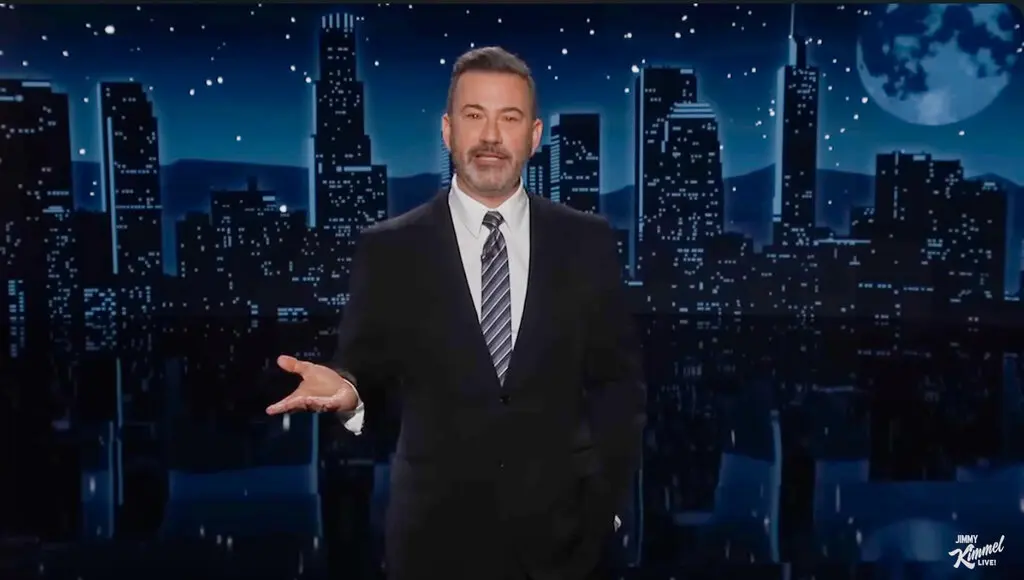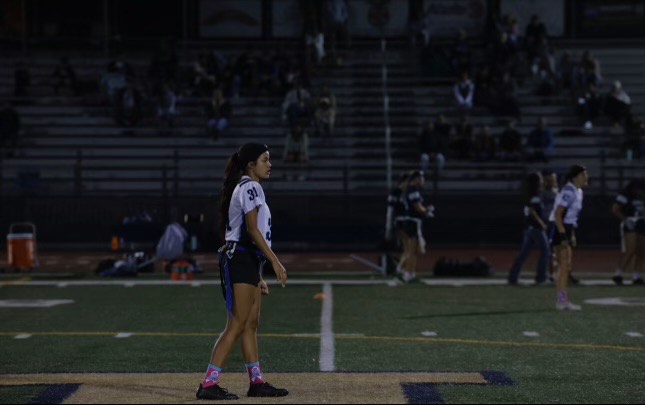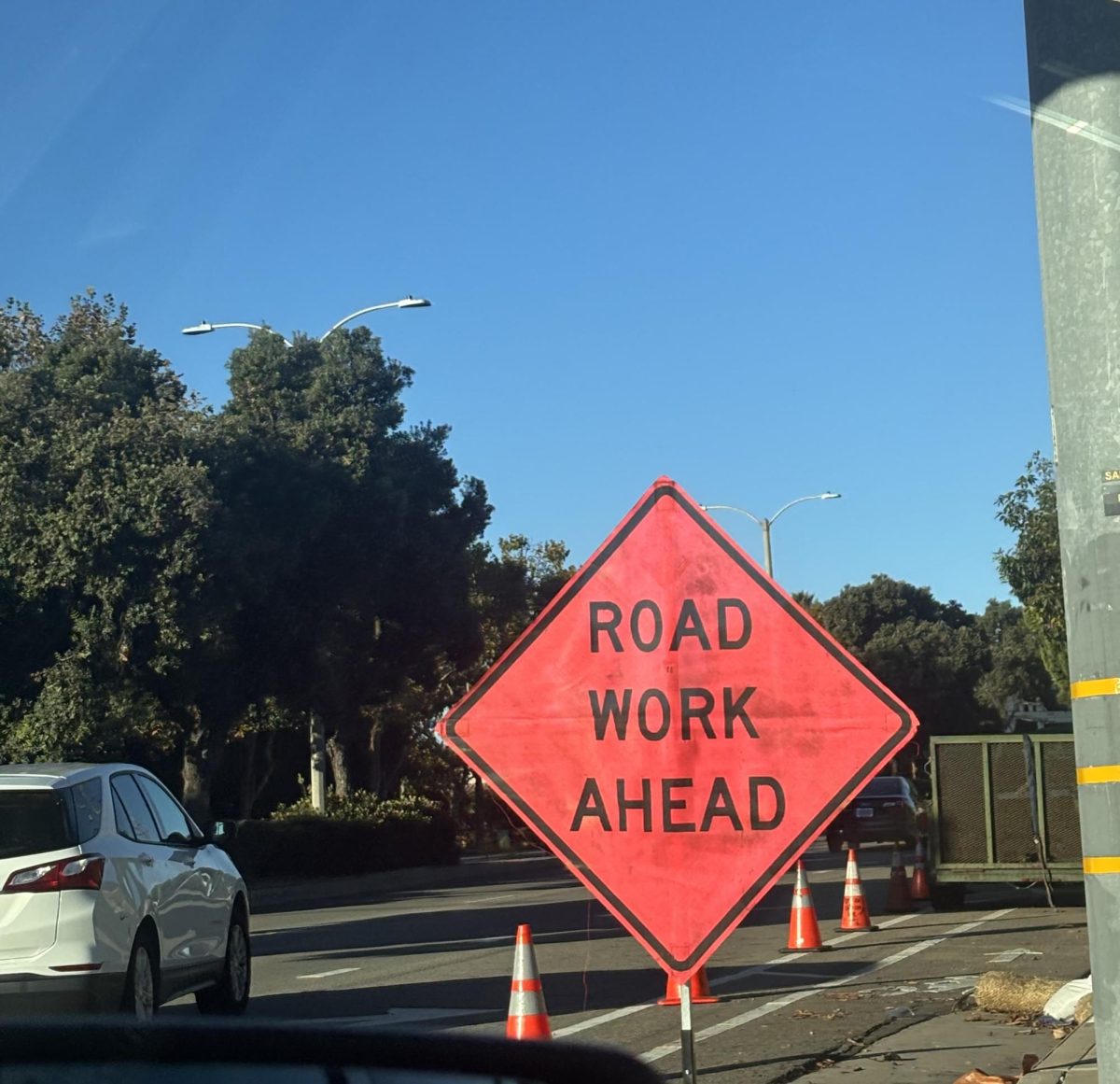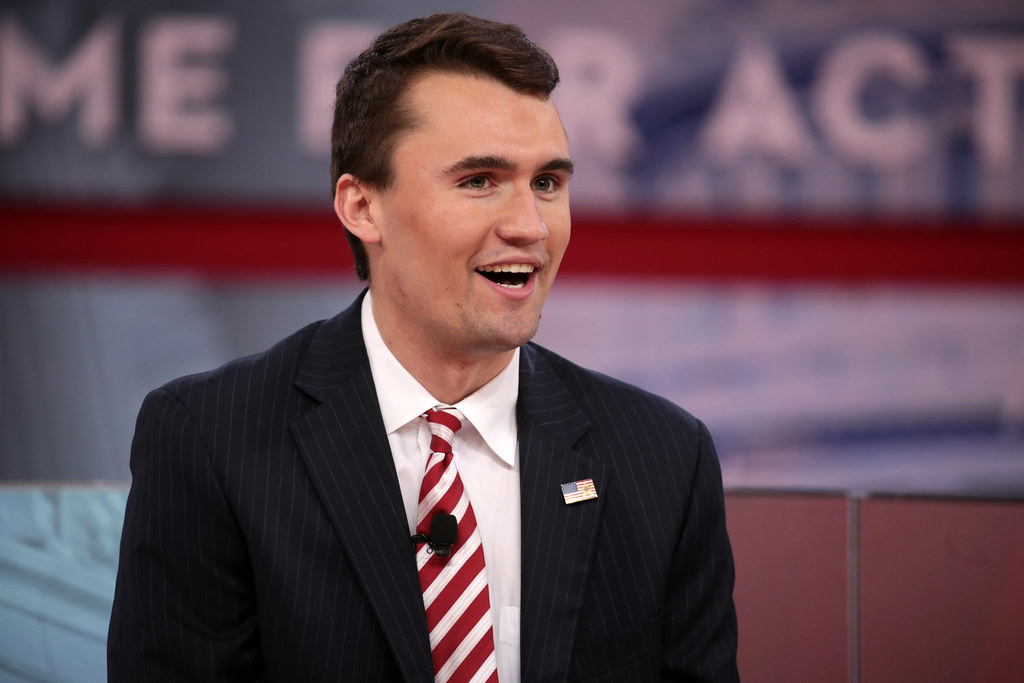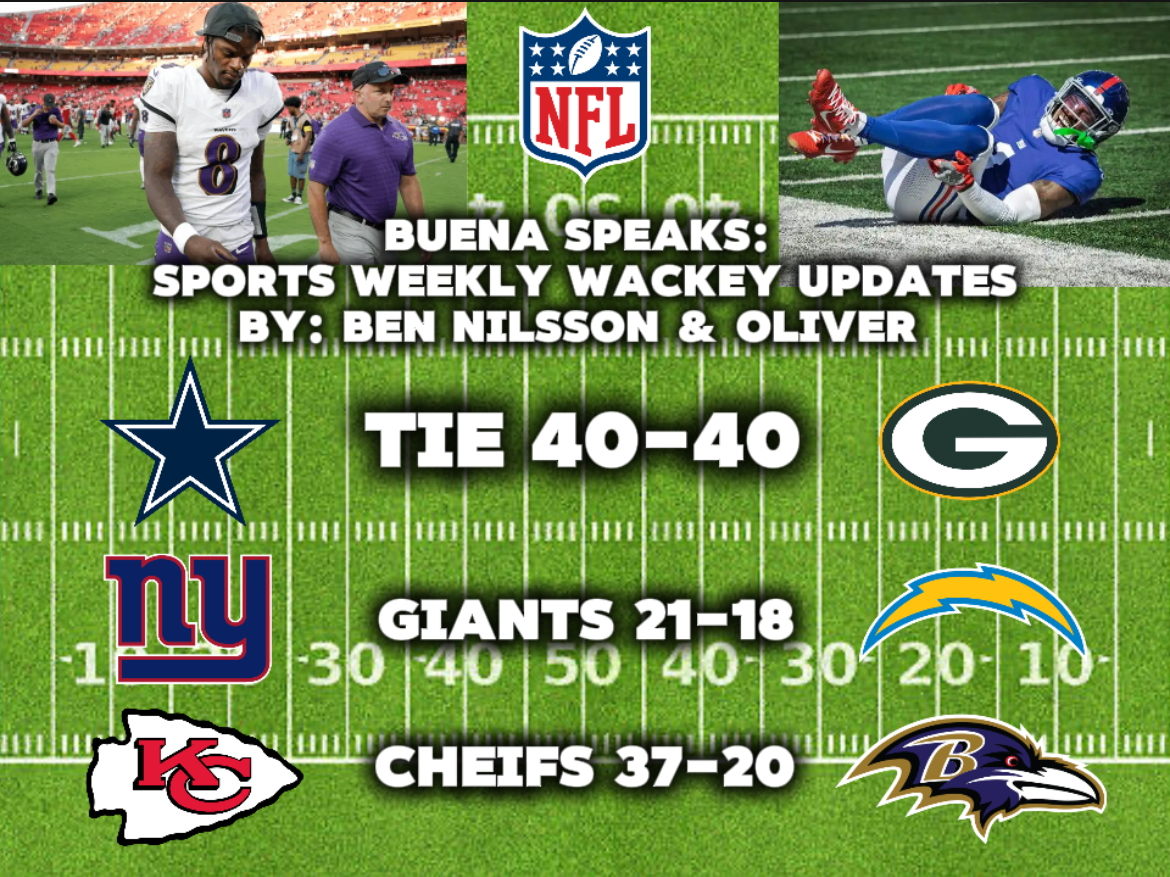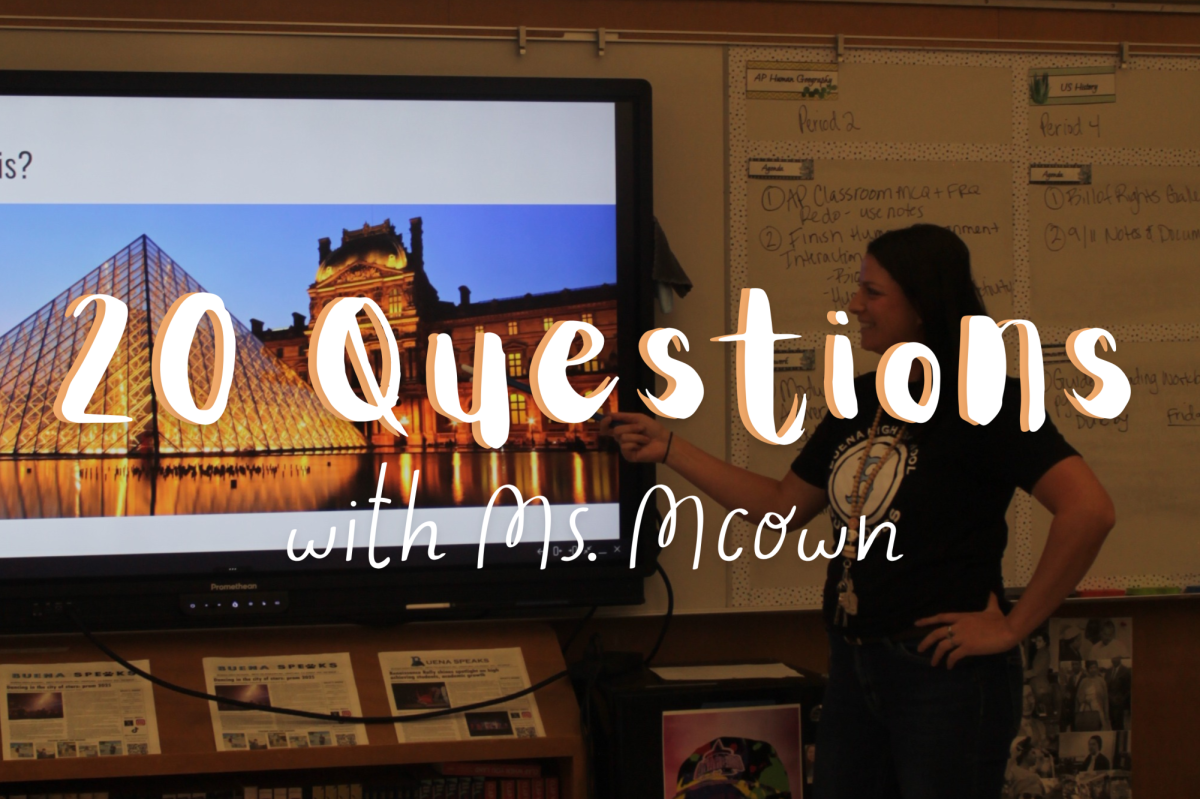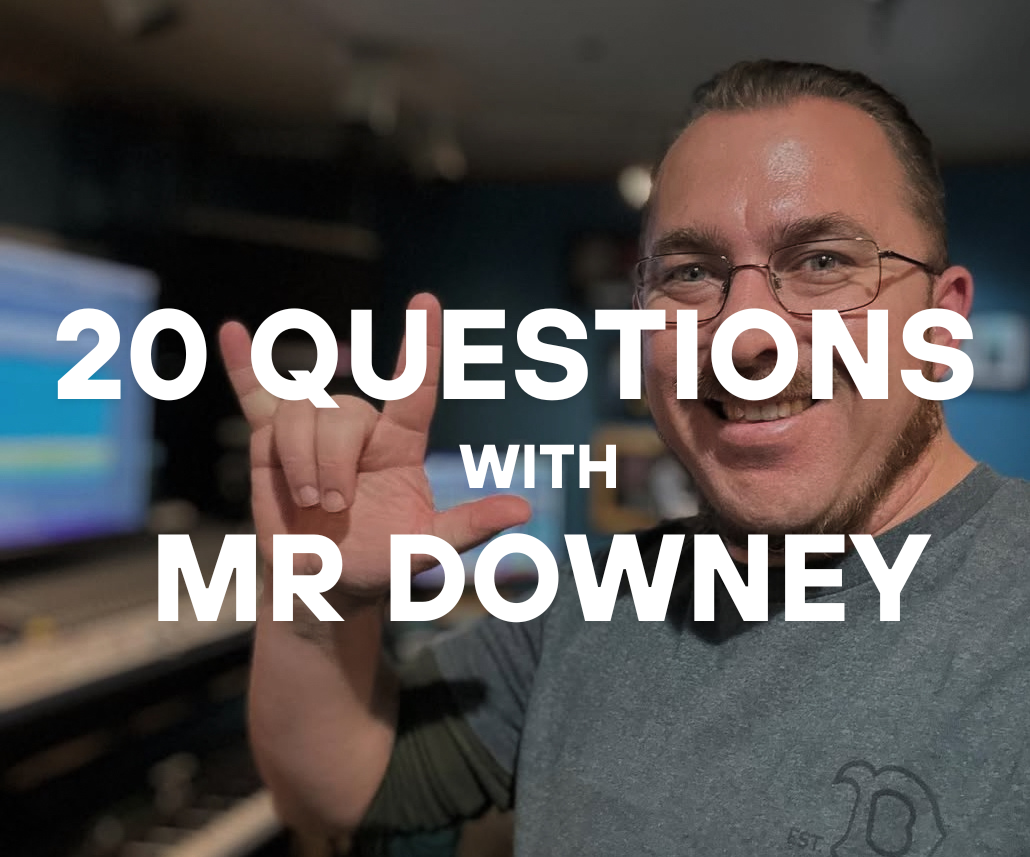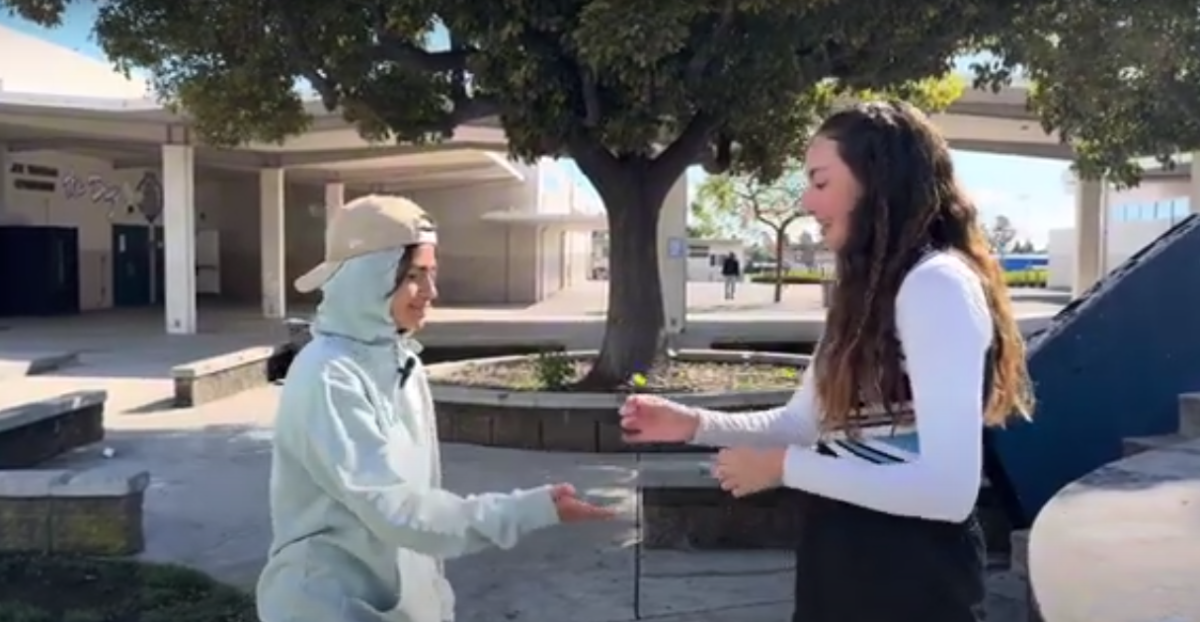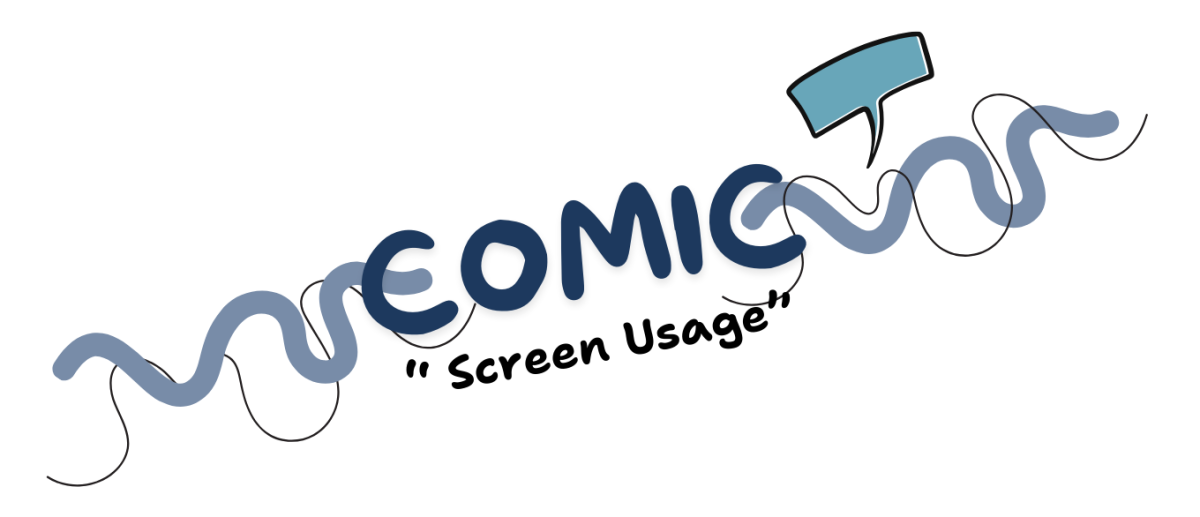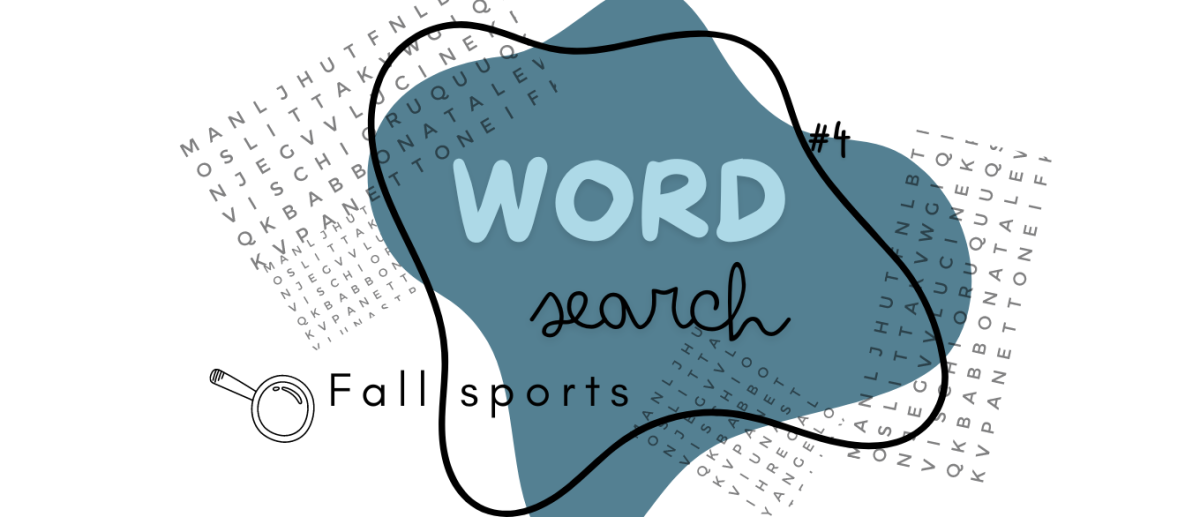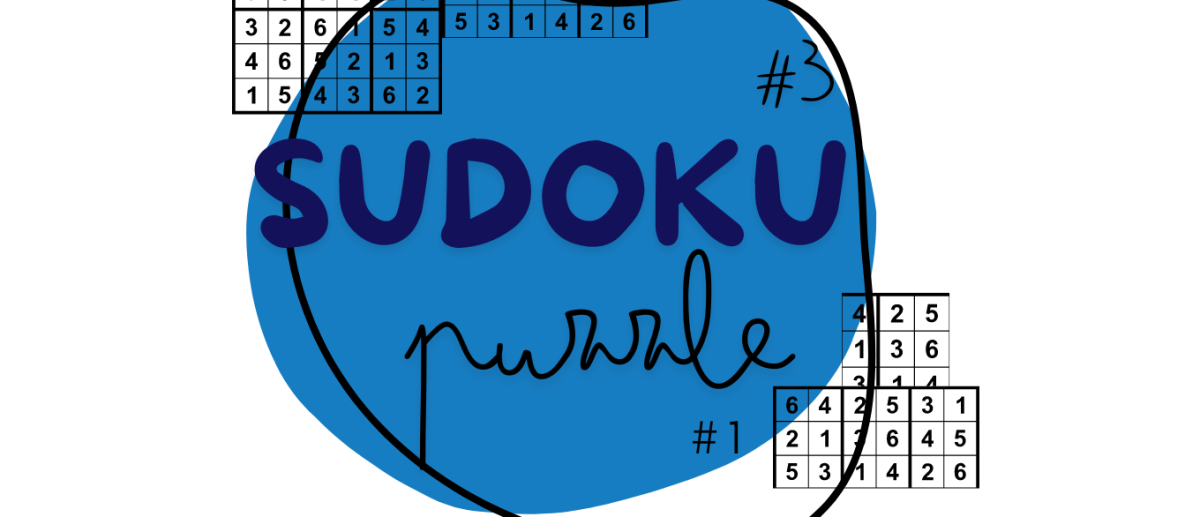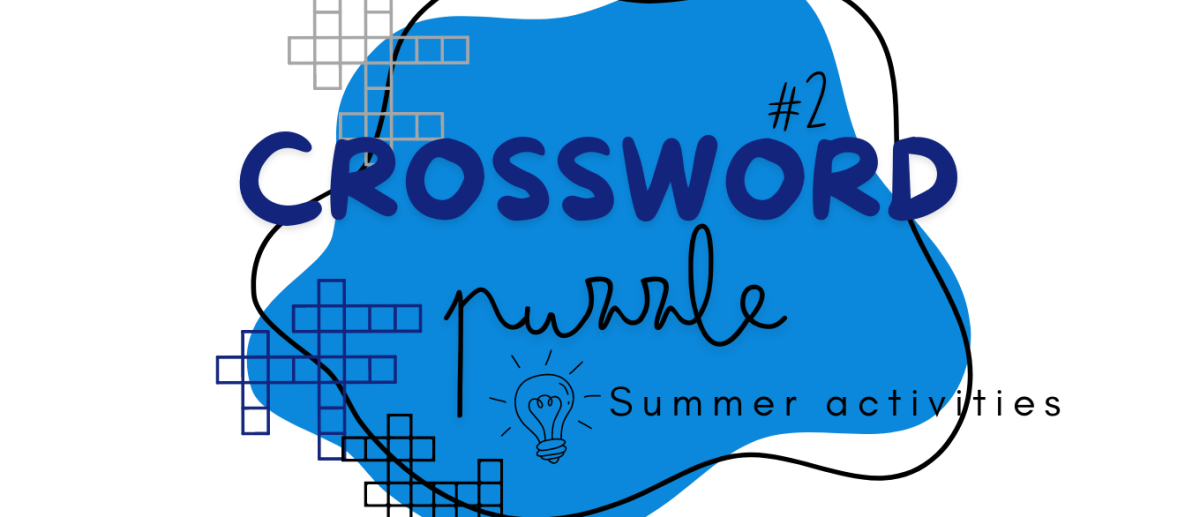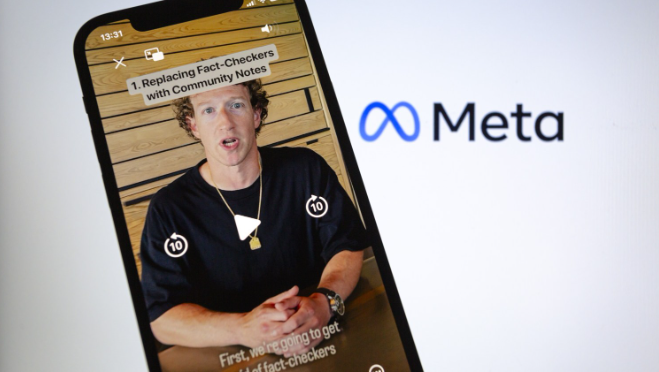On Jan. 7, Meta CEO Mark Zuckerberg announced on his Instagram page the removal of the fact-checking feature that was previously seen on all Meta platforms, which will be replaced by Community Notes. Amid political transition, the absence of fact-checking could influence what users see and are influenced by on social media, and change the relationship between President Donald Trump and Zuckerberg.
Following the 2016 election, Meta, the parent company of Facebook, Instagram, Threads, and WhatsApp, implemented the fact-checking database that has been incorporated in their social media platforms combating any misinformation regarding politics. It was previously run by third-party networks such as the International Fact-Checking Network and the European Fact-Checking Standards Network.
“We’re getting rid of a number of restrictions on topics like immigration, gender identity and gender that are the subject of frequent political discourse and debate,” Meta’s Chief Global Affairs Officer Joel Kaplan said in an article published on the Meta website.
While the intent of third party fact-checkers was to battle the misinformation and disinformation being spread, many argued that it was too left-leaning and overall politically biased, despite the fact that these networks were intended to be non-partisan.
“The recent elections feel like a cultural tipping point towards once again prioritizing speech,” Zuckerberg said on his Instagram page.
This led to the eventual removal of fact-checking two weeks before the inauguration of President Trump. Trump and Zuckerberg had a tense relationship, particularly following the banning of Trump’s Meta accounts in 2021 and Trump’s threats towards Zuckerberg accusing him of interfering with the 2020 election using his platforms. Surely enough, Zuckerberg was seen sitting front row at President Trump’s inauguration Monday, Jan. 20 with a handful of major tech CEOs.
With $1 million donated by Zuckerberg to the Trump administration last month, it is difficult to ignore the intent behind the timing of the transition and the aftermath, as Zuckerberg was seen sitting first row at President Trump’s inauguration.
The largest demographic of social media users are students and young adults, which means they will see the largest impact of the absence of fact-checkers. Junior Jazmnn Viot-Preciado feels that the removal of fact-checkers will affect all age demographics, including senior citizens.
“I didn’t see the fact-checkers all that often, but fact-checkers being removed could be harmful because of false information being spread to all users,” Viot-Preciado said. “Specifically elderly people could be affected, as they are commonly susceptible to misinformation.”
Community Notes are now the future of monitoring misinformation on social media. They are a forum for users to correct misinformation and educate viewers on the media they are consuming. It is reported that Community Notes will be seen in the next few months in the drop-down menu of posts, and will only appear if deemed helpful by other users. Junior Julianna Benson is nervously anticipating this change, expecting the system to be run by those who are partisan.
“I believe that Community Notes will spread misinformation because people who fact-check could be biased,” Benson said.


